The USS WILLIAM H. BATES (SSN 680) is named in honor of the late United States Representative William Henry Bates of Massachusetts, a man devoted to the vital importance of this nation's sea-power.
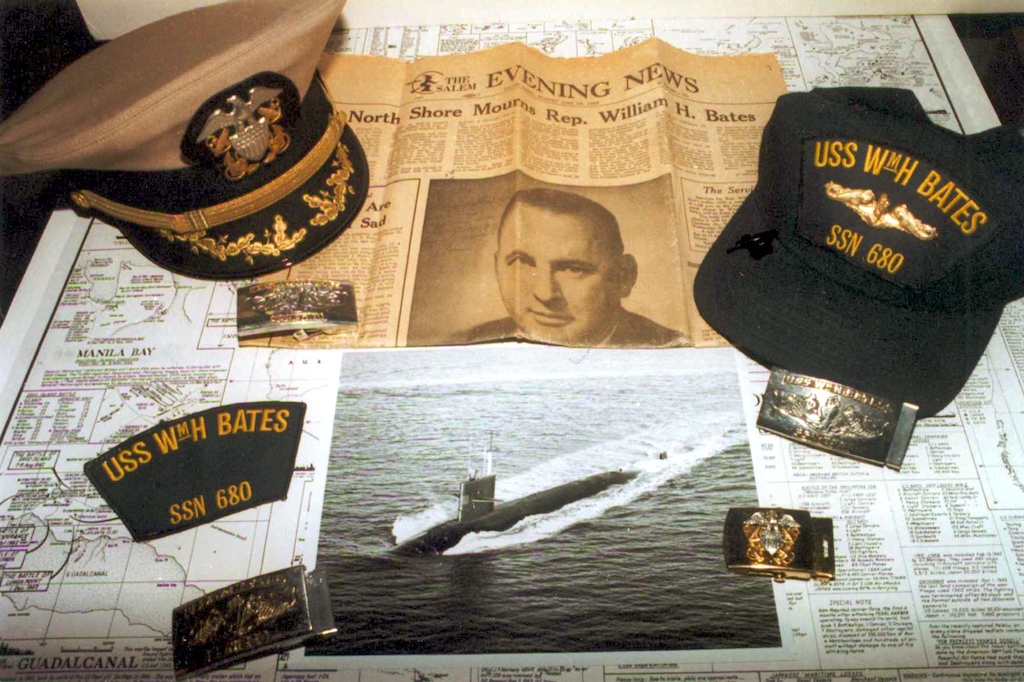
He served in the U.S. Navy for ten years, resigning his commission as Lieutenant Commander after being elected to Congress to fill the vacancy caused by the death of his father, George J. Bates. Congressman Bates served as representative from Massachusetts' sixth district from 1950 until his death in June 1969, becoming the senior Republican member of the House Armed Services Committee and the second ranking House member of the Joint Atomic Energy Committee. He was a vigorous advocate and effective supporter of the development of nuclear power for Naval vessels.
Born in Salem, Essex County, Massachusetts, on April 26, 1917, son of George Joseph Bates, he attended local schools and graduated from Worcester Academy in 1936. He received his undergraduate education at Brown University, Providence, R.I., graduating in 1940.
Following graduation from Brown, he enlisted in the United States Navy in July 1940 and was commissioned as ensign in the Naval Reserve on 30 January 1941. Bates then received instruction at the Naval Reserve Supply Officer's School at the Naval Medical Center, Washington, DC, before serving successive tours of duty at the Washington Navy Yard and in Constellation (IX-20).
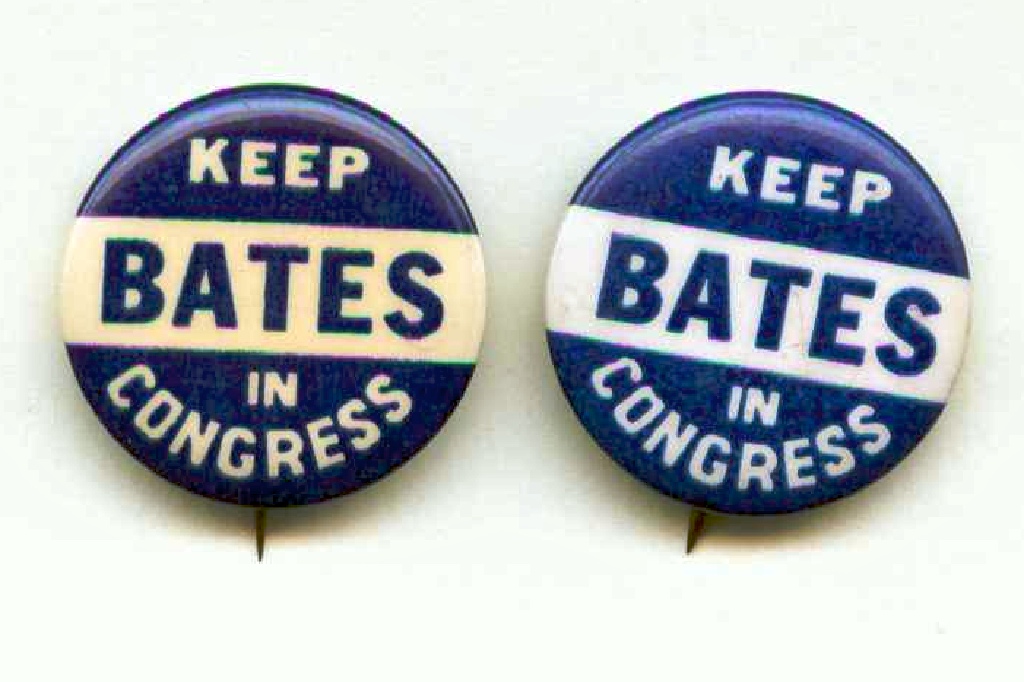
Bates remained in the Supply Corps through the end of World War II, participating in the Iwo Jima campaign in the spring of 1945. After the war he returned to Massachusetts and attended the Harvard Graduate School of Business Administration in Boston, graduating in 1947.
He remained a naval reservist, and by 1949 had become the supply officer for the 4th Naval District. While Bates was stationed there, his father, Representative George J. Bates of the 6th Massachusetts Congressional District, was killed in a plane crash at the Washington National Airport on 1 November 1949.
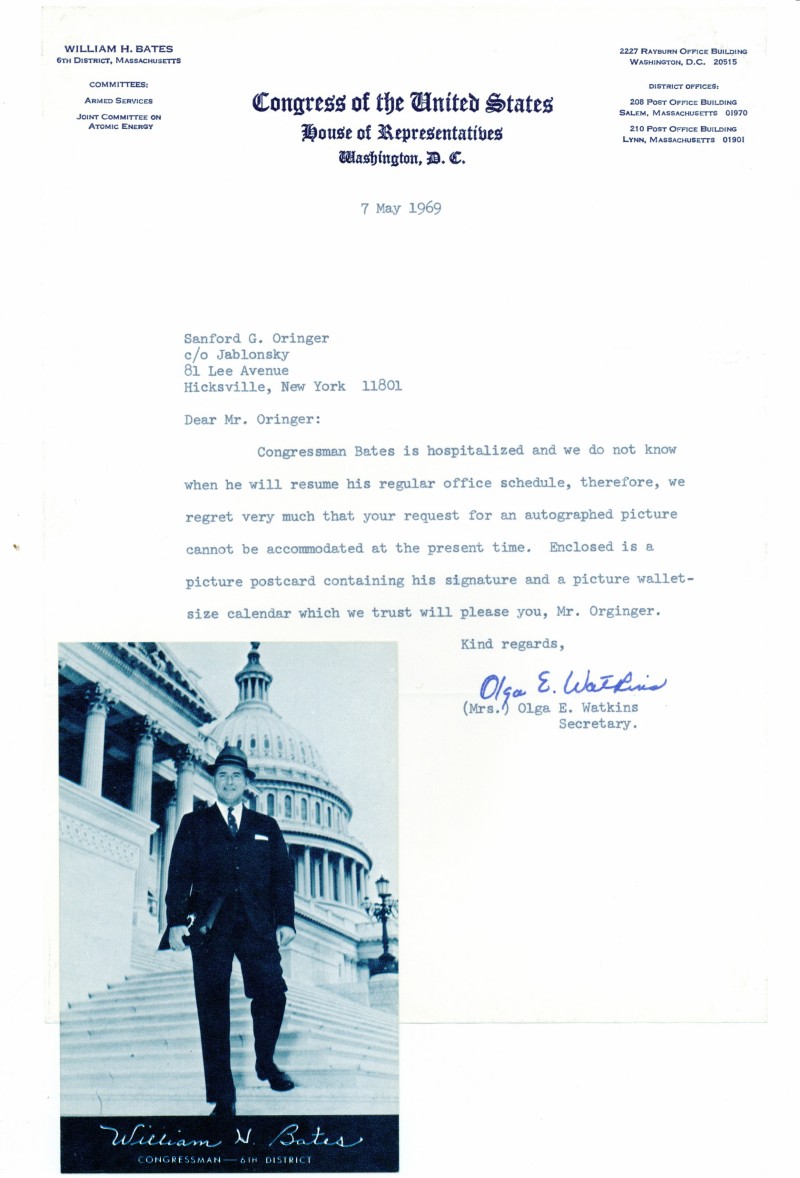
Bates resigned his reserve commission - he had attained the rank of lieutenant commander by that time - on 14 February 1950, to fill the seat of his late father in the United States House of Representatives.
He was subsequently re-elected to the Eighty-second and then to the nine succeeding Congresses. For nearly two decades, until his death in Bethesda, Maryland, on June 22, 1969, Bates staunchly advocated a strong military posture for the United States. On the Joint Congressional Committee on Atomic Energy and the House Armed Services Committee, he vigorously supported the development of nuclear-powered naval vessels. He also vigorously backed incentive pay programs and the establishment of better housing facilities for servicemen. He constantly sought means to enhance the training, caliber, and morale of military personnel.
He was interred in St. Mary's Cemetery, Salem, Massachusetts.
Immediately upon his death, the submarine USS WILLIAM H. BATES (SSN 680) was named in his honor.
Sources: Wikipedia, Biographical Directory of the United States Congress, Rylance Lord Collection
Registered Members of www.coldwarboats.org
related to the Hon. William H. Bates or who were friends of his family
Correspondence
conducted by or related to the Hon. William H. Bates
Correspondence - Nov 25, 1961 - Bates to LeBell re: McMurdo Reactor
Correspondence - Dec 4, 1961 - Bates to LeBell re: Antarctic Pioneers Year
Correspondence - Dec 8, 1961 - Bates to LeBell re: Antarctic Pioneers Year
Correspondence - 03 APR 1968 - Bates to Lord re: Draft Status
Correspondence - May 7, 1969 - Bates' Office to Oringer re: Postcard
Postcard - May 7, 1969 - Bates' Office to Oringer Enclosure
Hon. L. Mendel Rivers,
Chairman, Committee on Armed Services
U.S. House of Representatives, Washington, D.C.
Dear Mr. Rivers:
It is my understanding that the members of the House of Representatives are planning to include in the Record comments concerning the distinguished service Congressman William Henry Bates gave his country during his 19 years as a member of the House. If it is appropriate, I would appreciate it greatly if you could include this letter.
I have known and respected Congressman Bates since his election two decades ago, and it is with deep sorrow that I learned of his death. All of us in the naval program who have been in any way associated with him, as well as many others, have reason to regret his death.
Over the many years that I have been responsible for the Navy's Nuclear propulsion program, my respect for this distinguished American has continuously grown. He was always available when I asked to visit with him. It was a comfort to be able to go to him for his wisdom, his objectivity, and his kindly advice. I am proud to have been associated with so fine a gentleman and patriot who did such honor to his country and his state.
I speak from personal experience when I say that the support he unfailingly gave as a member of the House Armed Services Committee and of the Joint Committee on Atomic Energy contributed immeasurably to our nuclear Navy – which is today a major factor in preserving peace. He was a wise man, a good friend; kind and warmhearted. His accomplishments will be better understood in the future.
Expressions of condolence always sound hollow and inadequate. But Congressman Bates was so unusual a man in every respect that I can't help writing to say that I feel his death as a personal loss.
Respectfully,
Adm. H. G. Rickover
Director of Naval Reactors, 1949-1982
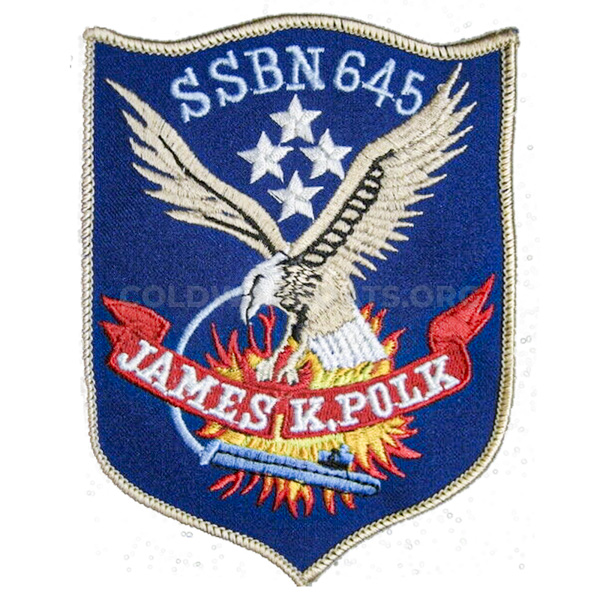
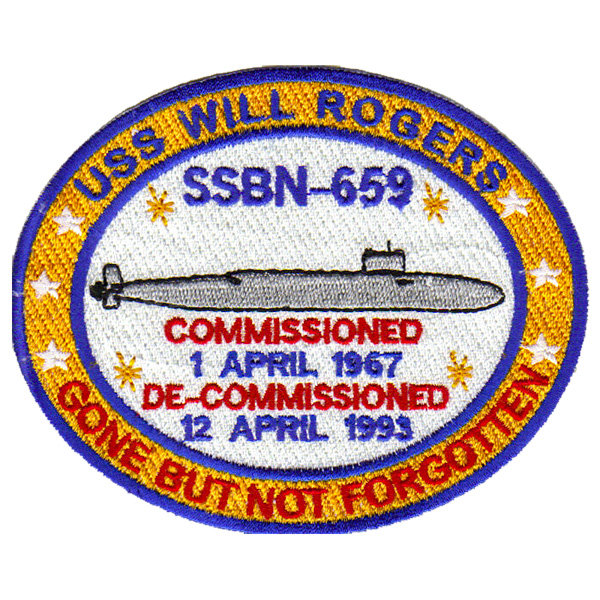

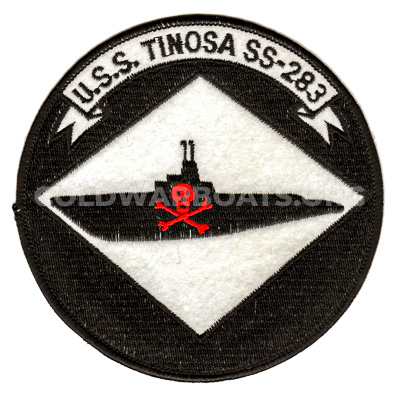
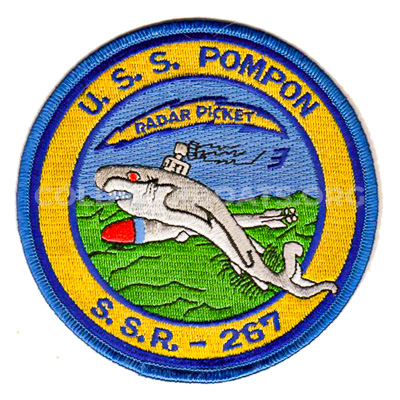
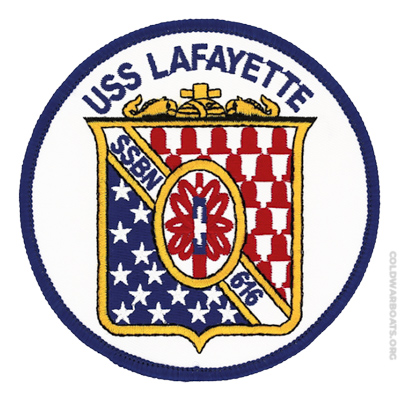
You don`t have permission to comment here!
Subscribe
Report
My comments